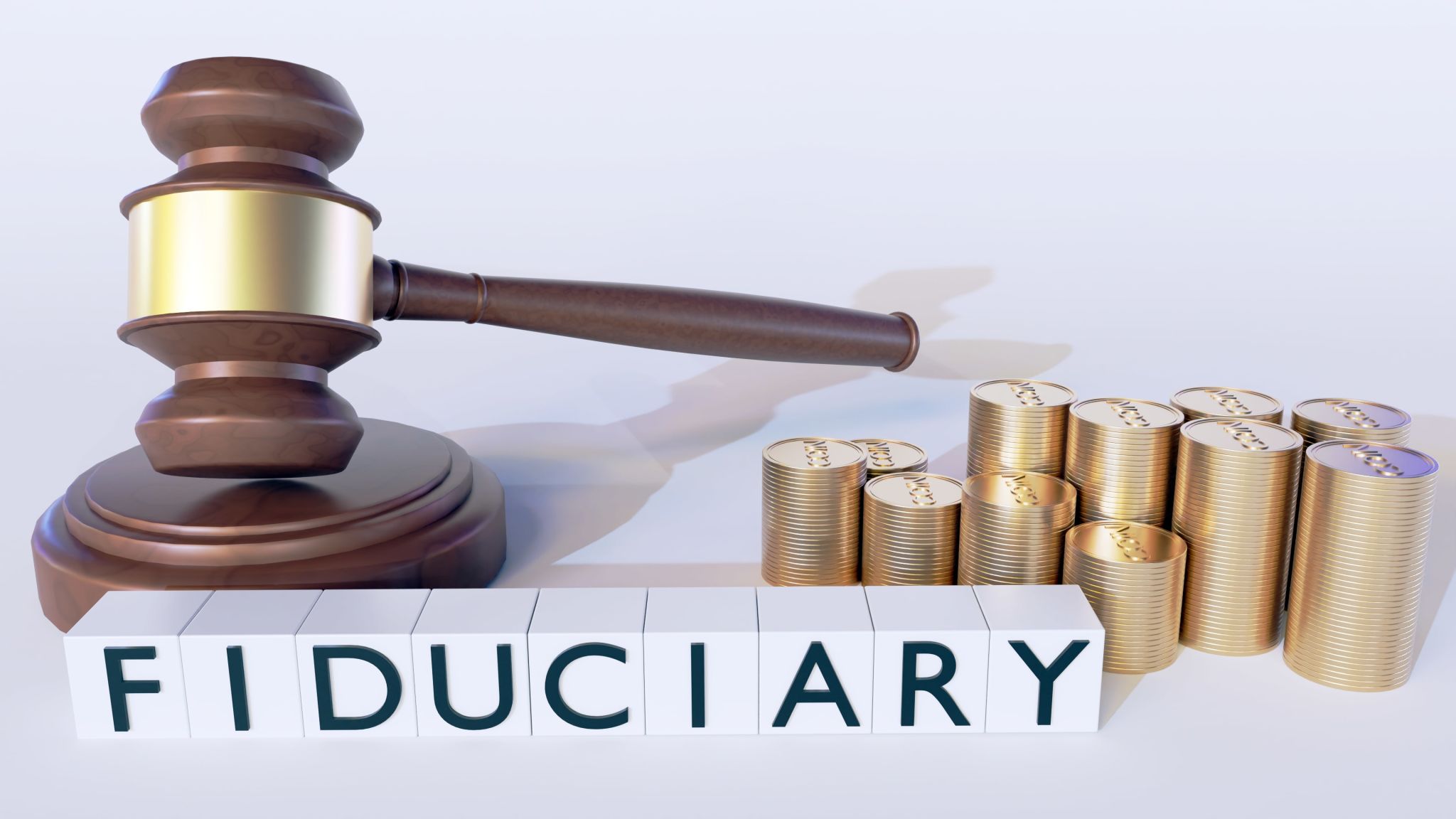The Role of Fiduciaries in Estate Planning: Expert Insights and Tips
Understanding the Role of Fiduciaries in Estate Planning
In the realm of estate planning, fiduciaries play a pivotal role in ensuring that an individual’s wishes are carried out effectively and in accordance with the law. But what exactly is a fiduciary, and why are they so crucial? In essence, a fiduciary is a person or organization that acts on behalf of another person, managing assets and making decisions with the utmost integrity and fidelity. The primary responsibility of a fiduciary is to act in the best interest of the estate and its beneficiaries.

Types of Fiduciaries in Estate Planning
There are several types of fiduciaries involved in estate planning, each with specific roles and responsibilities. The most common include:
- Executor: Appointed through a will, the executor is responsible for managing the deceased’s estate, settling debts, and distributing assets to beneficiaries.
- Trustee: A trustee oversees a trust set up by the deceased, ensuring that the trust’s terms are fulfilled and beneficiaries receive their entitlements.
- Guardian: A guardian may be designated to manage the personal and financial affairs of minors or incapacitated individuals.
The Importance of Choosing the Right Fiduciary
Selecting the right fiduciary is one of the most critical decisions in estate planning. The ideal fiduciary should be someone who is not only trustworthy but also capable of handling complex financial matters. This individual or organization should possess a strong understanding of legal obligations and have the ability to navigate potential conflicts among beneficiaries. It’s essential to have open discussions with potential fiduciaries to ensure they are willing and able to take on this responsibility.

Key Responsibilities of Fiduciaries
The duties of a fiduciary can be extensive, and understanding these responsibilities is crucial for both the appointer and the appointee. Some of the primary duties include:
- Asset Management: The fiduciary must prudently manage the estate’s assets, ensuring they are preserved and appropriately invested.
- Debt Settlement: Paying off any outstanding debts or obligations of the deceased is a key responsibility.
- Distribution of Assets: The fiduciary must distribute assets as per the will or trust document, adhering strictly to the deceased’s wishes.
Challenges Faced by Fiduciaries
Fiduciaries often encounter various challenges while executing their duties. One common issue is dealing with disputes among beneficiaries. Conflicts can arise over asset distribution or perceived inequities, requiring the fiduciary to act as a mediator. Additionally, fiduciaries must stay informed about tax implications and legal changes that could affect the estate. These challenges highlight the need for a fiduciary who possesses strong conflict resolution skills and maintains up-to-date knowledge of relevant laws.

Expert Tips for Fiduciaries
For those appointed as fiduciaries, seeking professional advice can be invaluable. Consulting with estate planning attorneys or financial advisors can provide guidance and ensure compliance with legal requirements. Maintaining detailed records is also essential, as it helps demonstrate that fiduciary duties are being fulfilled transparently and effectively. Lastly, it’s advisable to communicate regularly with beneficiaries to keep them informed and mitigate potential misunderstandings.
In conclusion, while acting as a fiduciary can be demanding, it is a role that is essential to safeguarding an individual’s legacy. By understanding their responsibilities and seeking appropriate guidance, fiduciaries can successfully manage estates and fulfill their duties with integrity and diligence.